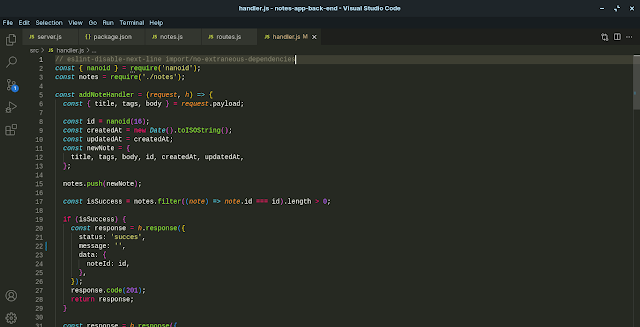Programming languages have undergone significant evolution since the development of the first programming language in the mid-19th century. Today, there are hundreds of programming languages available, each with its own syntax, structure, and capabilities. As technology advances, programming languages continue to evolve to meet the needs of developers and users alike.
One of the primary reasons why programming languages continue to evolve is the need to keep up with the ever-changing technology landscape. As new hardware and software are developed, programming languages must adapt to support these new technologies. For example, the rise of mobile devices and the internet of things (IoT) has led to the development of new programming languages such as Swift and Kotlin.
Another reason why programming languages continue to evolve is the need to improve efficiency and productivity. Developers are always looking for ways to write code more efficiently and quickly. As a result, new programming languages are developed with features that make it easier and faster to write code. For example, Python is a popular language for data science because it has a simple syntax and a vast library of modules that can be used to perform various tasks.
Furthermore, programming languages are continually evolving to meet the needs of specific industries or niches. For instance, JavaScript is a popular language for web development, while R is a language for statistical computing and graphics. As new industries emerge, programming languages must evolve to support these industries.
Finally, programming languages are continuously evolving to improve security and prevent cyber attacks. As more and more data is stored online, there is a greater need for secure programming languages that can protect against cyber threats. For example, Rust is a programming language that is designed to be memory-safe and prevent common security vulnerabilities.
In conclusion, programming languages continue to evolve to meet the needs of developers, industries, and users. As technology advances and new industries emerge, programming languages must adapt to support these changes. Whether it's improving efficiency, supporting new technologies, or enhancing security, programming languages will continue to evolve to meet the demands of the ever-changing technology landscape. As such, staying up-to-date with the latest programming languages and trends is critical for developers who want to remain competitive in the job market.
Read Too :

Komentar
Posting Komentar